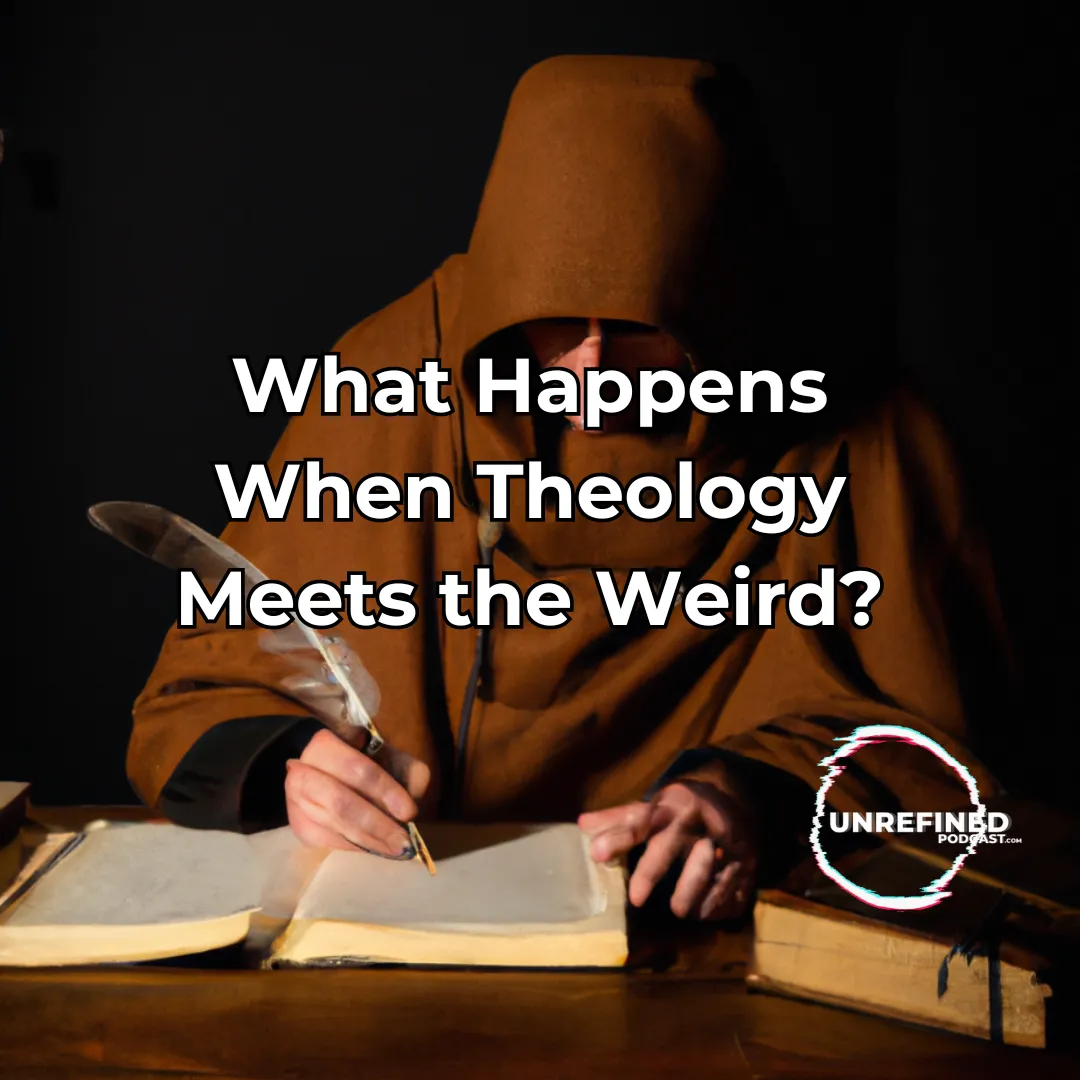
Unveiling the Supernatural: A Deep Dive into Biblical Interpretation
"I don't care what it means to you; I want to know what it means because what it means to you could be anything. What it means is what the author wrote down and understood when they wrote it." - Doug Van Dorn
The Intricate Dance of Scripture: Human and Divine
I'm your host, Brandon, and in our latest podcast episode, we embarked on a fascinating journey through the realms of biblical interpretation, with a particular focus on the supernatural elements that often go unnoticed or misunderstood. Joined by the insightful Doug Van Dorn, alongside Lindsy, we delved into the rich tapestry of the Bible, exploring how to read it with a supernatural perspective while maintaining the centrality of Christ in both the Old and New Testaments.
The Historical Grammatical Method: A Foundation with Limits
Our conversation began with the historical grammatical method, a cornerstone of biblical exegesis. Doug Van Dorn emphasized the necessity of this approach, as it allows us to understand the original author's intent and the context of the text. However, he cautioned that while this method is essential, it is not the be-all and end-all for a thorough understanding of Scripture. The Bible's dual nature, both human and divine, mirrors the person of Jesus and requires us to look beyond the surface.
Christ: The Fulcrum of Scripture
We discussed that Jesus himself provides a roadmap for interpreting the Bible. He cited passages in John and Luke where Jesus interprets the scriptures in relation to himself, underscoring that the entire Old Testament points to Christ. This centrality of Christ is a golden thread weaving through the tapestry of both Testaments, and it's crucial for us to recognize and follow this thread.
Metaphors and Assumptions: Reading with Intention
We also touched on the use of metaphors in the Bible and the importance of reading them according to their intended sense. The conversation took a turn when we reminisced about a previous episode where the literal interpretation of Scripture was discussed, particularly in the context of the book of Revelation. This led to a broader discussion on the various assumptions made in interpreting the Bible, such as the literal interpretation of texts and the magical assumption that the text means whatever one wants it to mean.
The Richness of Church History and Varied Interpretations
Doug brought to light the different senses of reading a text as understood by the church fathers and medieval scholastics. He highlighted the literal, moral, allegorical, and eschatological senses, arguing that evangelicals often overlook these in favor of the historical grammatical method. He stressed that the Bible is more complex than a single sense of interpretation and that these varied perspectives can offer a richer understanding of Scripture.
Engaging with the Text: Beyond the Surface
Our discussion ventured into the importance of using commentaries and resources to explore the historical and grammatical structure of the text. We emphasized the need to understand the cultural and oral traditions of the time and the value of reading the Bible in larger chunks to appreciate literary devices and patterns.
Exegesis vs. Eisegesis: The Art of Interpretation
A significant part of our conversation revolved around the concepts of exegesis and eisegesis. It's imperative to extract the meaning from the text rather than imposing one's own interpretation onto it. We also discussed the impact of different methods of reading and studying the Bible, including devotional reading.
The Supernatural in Scripture: Embracing the Mysteries
As we explored the supernatural perspective, we examined biblical passages like Genesis 6 and the book of Esther, highlighting the supernatural elements present in the text. We cautioned against forcing interpretations and making assumptions based on personal beliefs, advocating for careful exegesis and consideration of the original meaning of words and names used in the text.
Bridging Theological Worlds: Embracing the Weird
In the final segment, Doug shared his passion for bridging the gap between traditional theological perspectives and the exploration of the supernatural. He expressed his desire to provide solid theological understanding amidst the "weird" world, emphasizing the importance of balancing both perspectives.
Conclusion: Staying Naturally Supernatural
As we wrapped up our enlightening discussion, we were reminded of the importance of approaching the Bible with reverence and openness to its inherent supernatural nature. I want to thank Doug for his invaluable insights and for helping us navigate the intersection of theology and the supernatural. And to you, my readers, I encourage you to stay "naturally supernatural" as you engage with the divine narrative of the Bible.
Thank you for joining me on this journey through Scripture, and until next time, keep exploring the depths of faith with an open heart and mind.
